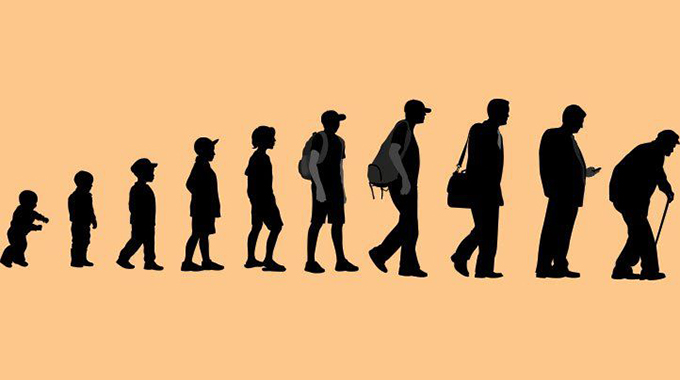Africa’s life expectancy increases by 10 years

JOHANNESBURG. – Healthy life expectancy in Africa has increased by an impressive 10 years between the turn of the century and 2019, a new World Health Organisation (WHO) assessment report says.
Health life expectancy is the number of years an individual is in good health.
According to the report, one can live up to 56 years in a healthy state in Africa, compared to 46 years in the year 2000.
However, while it’s an improvement, the report says the 56-year mark is still below the global average of 64 years.
The positive trajectory was because of the accelerated fight against malaria, HIV/Aids and other diseases.
“Improvements in the provision of essential health services, gains in reproductive, maternal, newborn and child health, as well as progress in the fight against infectious diseases – thanks to the rapid scale-up of HIV, tuberculosis and malaria control measures from 2005 – helped to extend healthy life expectancy,” the report says.
Speaking at the report’s launch, Dr Matshidiso Moeti, the WHO’s regional director for Africa, said: “The sharp rise in healthy life expectancy during the past two decades is a testament to the region’s drive for improved health and well-being of the population.
“At its core, it means that more people are living healthier, longer lives, with fewer threats of infectious diseases and with better access to care and disease prevention services.”
Dr Lindiwe Makubalo, the WHO’s assistant regional director for Africa, stressed that the progress must not be interrupted.
For that, African countries should enhance measures against the threat of cancer and other non-communicable diseases.
The report traces Africa’s advancement up to 2019.
Covid-19, declared a global pandemic in 2020, disrupted healthcare in many African countries.
More than 90% of the 36 countries, which responded to a 2021 WHO survey, reported one or more disruptions to essential health services. Immunisation, neglected tropical diseases and nutrition services were impacted the worst.
Since the Covid-19 vaccine rollout, African countries have been trying to restore essential health services.
However, the WHO fears the adverse effects of Covid-19 and other future pandemics could impact the healthy life expectancy level. Thus there’s a need to invest in health services.
“Covid-19 has shown how investing in health is critical to a country’s security. The better Africa can cope with pandemics and other health threats, the more our people and economies thrive. I urge governments to invest in health and be ready to tackle head-on the next pathogen to come bearing down on us,” said Moeti.
The report summarily noted that high and upper-middle income countries tend to have better health service coverage and higher healthy life expectancy at birth than lower-income countries, with around 10 additional years of healthy life expectancy.
In Africa, only Algeria, Botswana, Cabo Verde, Eswatini, Gabon, Seychelles and South Africa fund more than 50 percent of their national health budgets. – News24.c0m










Comments